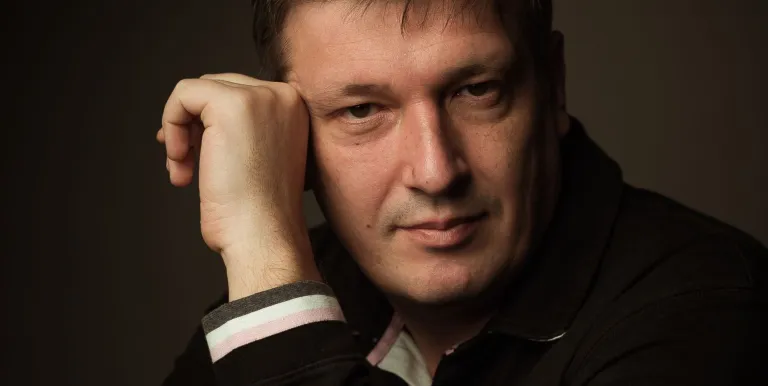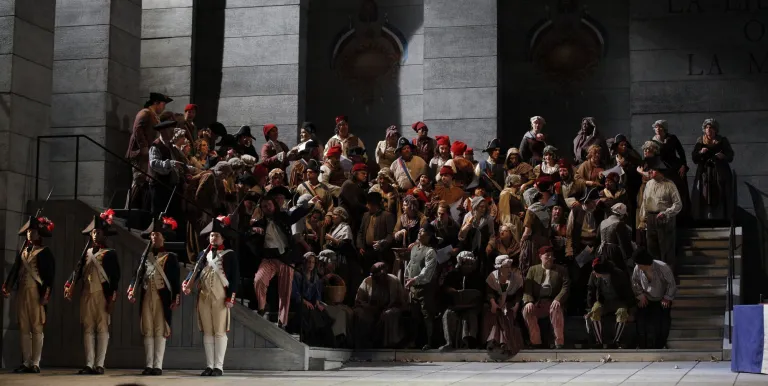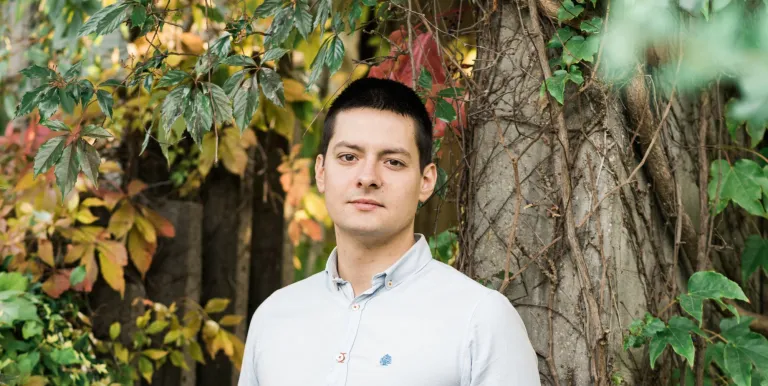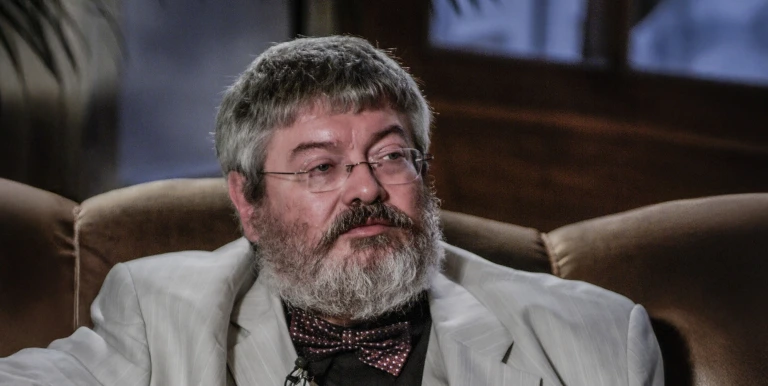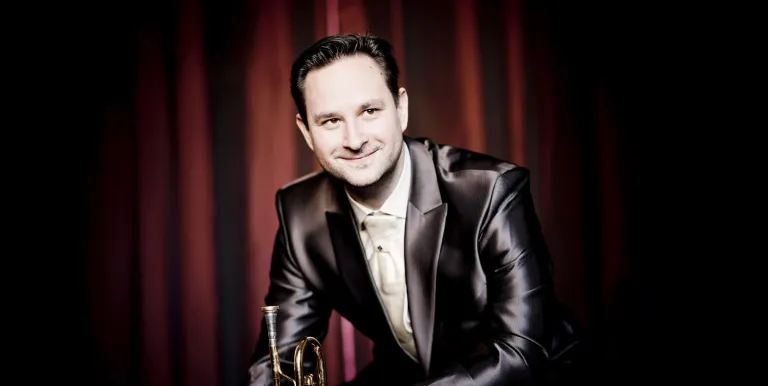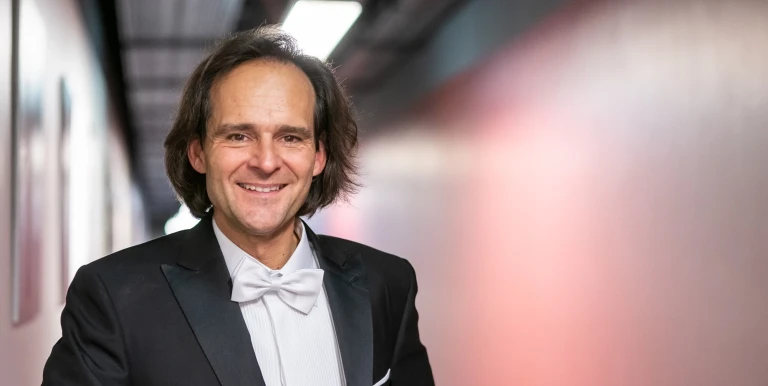one interval
Conductor:
Featuring:
Liszt-Kocsis
Festive March for the Goethe Centenary
Rachmaninoff
Piano Concerto No. 3 in D minor, Op. 30
Debussy
Three Nocturnes
Bartók-Kocsis
Four Piano Pieces - Scherzo, BB 27/4, DD 71
The Hungarian National Philharmonic always commemorates the anniversary of Zoltán Kocsis's death with a concert composed exclusively of pieces either by composers that were important to the legendary conductor or otherwise relating to his diverse activities. The opening and closing numbers, while serving as a reminder that Kocsis was a great performer of both Liszt and Bartók, are also gems of his work as an arranger. Rachmaninoff and Debussy were both close to the pianist/conductor's heart. Interpreting the Russian master's Piano Concerto No. 3 will be Boris Berezovsky, who worked with his Hungarian colleague several times.
Liszt's Festive March is a striking choice to start with, as the energetic piece also works as an overture, while also being conceived as a commemoration - for Goethe's centenary in 1849. Rachmaninoff was one of the points of orientation of Kocsis's career: his interpretation of the composer/pianist's piano concertos were memorable ones. The third of these, composed in 1909, is often referred to as one of the most instrumentally demanding in the piano literature. The Three Nocturnes, rich in pastel tones and refined colors, evoke yet another key attraction: Debussy's music, thanks to the female choir in the third - "Sirènes" - movement, provides an opportunity for the Hungarian National Choir to join the Hungarian National Philharmonic in paying tribute to Kocsis's memory at this concert. Scherzo, the work by Bartók that will close the concert, is the final movement of his youthful Four Piano Pieces. In this version, Kocsis arranged it into an orchestral composition. Now in his 50s, Boris Berezovsky is a globe-trotting Russian piano virtuoso famed in part for his extraordinary stamina. János Kovács is one of the finest Hungarian conductors: a musician of tremendous knowledge and impeccable professionalism, he was highly esteemed by Kocsis.
Presented by: Hungarian National Philharmonic
-
We wish to inform you that in the event that Müpa Budapest's underground garage and outdoor car park are operating at full capacity, it is advisable to plan for increased waiting times when you arrive. In order to avoid this, we recommend that you depart for our events in time, so that you you can find the ideal parking spot quickly and smoothly and arrive for our performance in comfort. The Müpa Budapest underground garage gates will be operated by an automatic number plate recognition system. Parking is free of charge for visitors with tickets to any of our paid performances on that given day. The detailed parking policy of Müpa Budapest is available here.

